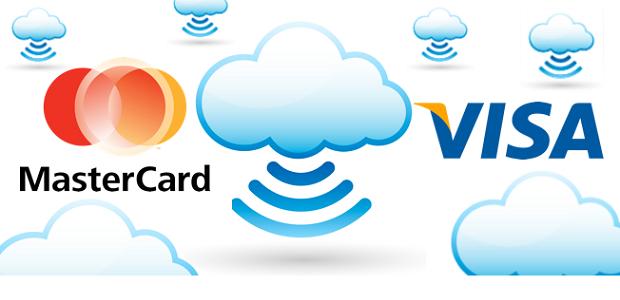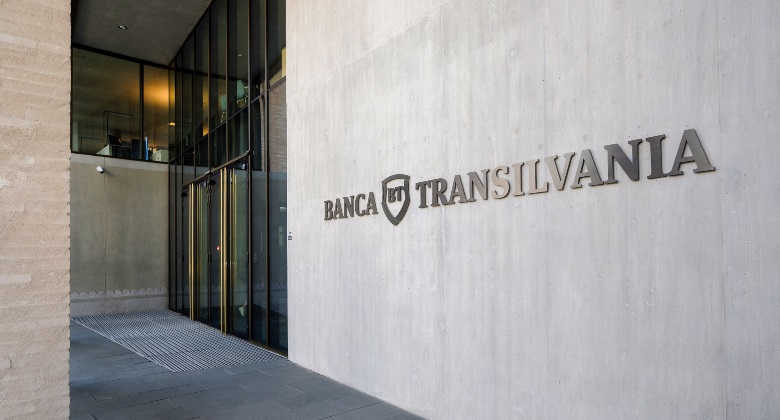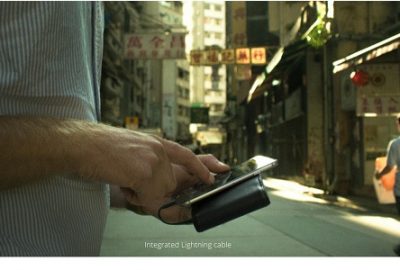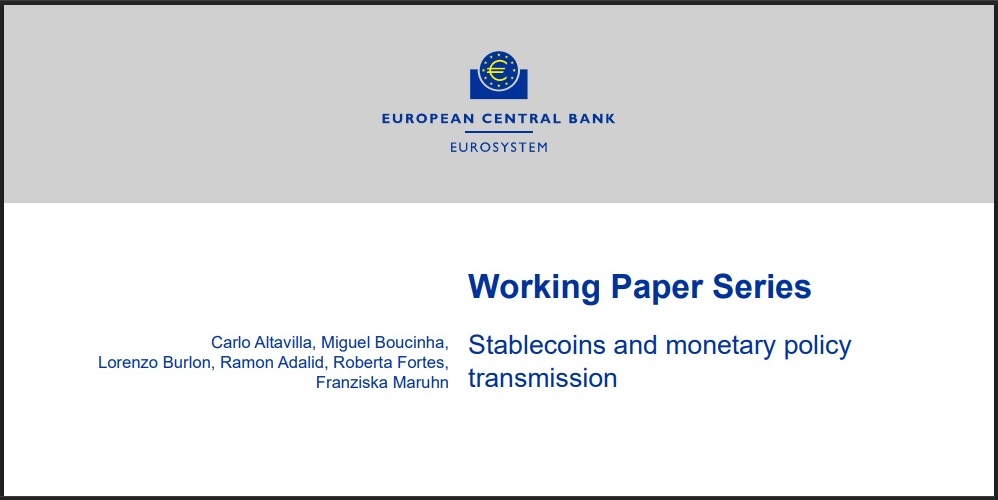Visa and MasterCard to cut ties binding banks and telcos via Host Card Emulation

Visa and MasterCard have announced support for Host Card Emulation, a cloud-based mechanism for hosting NFC applications outside the Secure Element that effectively removes the need for bank reliance on telcos in implementing mobile payments.
HCE allows any NFC application on an Android device to emulate a smart card, letting users pay with their smartphones, while permitting financial institutions to host payment accounts in a secure, virtual cloud.
Both MasterCard and Visa have announced a new set of tools and support applications designed to make it easier for banks to adopt HCE as an alternative to renting space on the SIM from airtime operators.
The initial Visa payWave standard for cloud-based deployment is available now, alongside a software development kit to support clients who wish to develop their own cloud-based payment applications. Future versions of the Visa payWave standard will add support for QR codes and in-app payments, alongside a new service and platform for the issuing of digital tokens rather than the 16-digit payment account number.
“Our clients and partners around the globe are continuously looking for flexible, cost efficient and secure ways to enable mobile payments,” said Elizabeth Buse, Executive Vice President, Global Solutions, Visa Inc. “The Android HCE feature provides us with a platform to evolve the Visa payWave standard, support the development of secure, cloud-based mobile applications, while at the same time offer greater choice to our clients.”
According to data released by International Data Corporation in February 2014, 78 percent of smartphones sold in Q4 2013 run on the Android operating system, and Android is enjoying strong gains in markets outside the U.S., including in China and Latin America. Android also recently became the fastest platform to reach one billion users worldwide.
“The Android community continues to build innovative ways to improve the lives of mobile users. We introduced HCE to make it easier for developers to create NFC applications like mobile payments, loyalty programs, transit passes, and other custom services,” said Benjamin Poiesz, Google Android Product Manager. “Visa’s move to enable NFC payments with Android devices is welcome news and will guide the way for the payments industry.”
MasterCard says it will publish its secure remote payment specifications during the first half of 2014. The scheme has been working with Capital One and Banco Sabadell on developing its approach via small scale pilots.
“Consumers are now shopping and paying in whatever way best fits their needs and lifestyles – and from every device they own. To meet their expectations for convenience, we need to accelerate the availability of services in the market. The use of HCE provides a very attractive way forward to launch an increased number of NFC-based offerings,” said James Anderson, Group Head, Emerging Payments at MasterCard.
The breakthrough poses a challenge to mobile airtime operators, who will be forced to redefine their relationships with banks and merchants and build in more added value services to attract support.
Dariusz Mazurkiewicz – CEO at BLIK Polish Payment Standard
Banking 4.0 – „how was the experience for you”
„To be honest I think that Sinaia, your conference, is much better then Davos.”
Many more interesting quotes in the video below:










